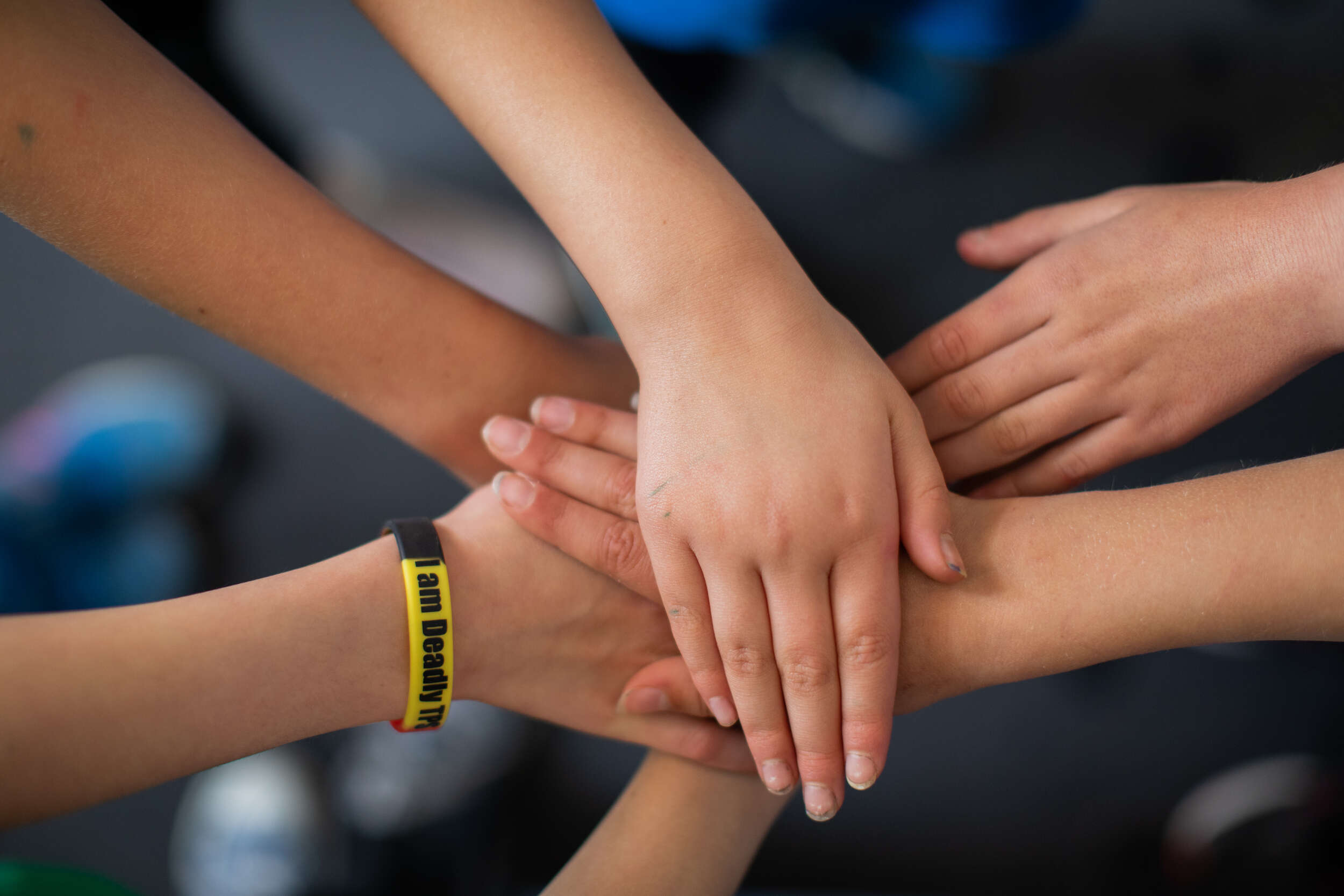Mental health is extremely important for any child or young person, however, members of the LGBTQIA+ community have much higher rates of experiencing mental health distress, due to the exclusionary and discriminatory practices they may experience.
“86.2% of trans women, 90.6% of trans men and 89.9% of non binary people have experienced suicide ideation in their lifetime.”
Underlying assumptions about gender, for example stereotypes about male, female, non-binary people, can impact a child or young person’s sense of inclusion and learning outcomes.
Drawing on her experience working in learning communities, Ruth Jones, Be You National Clinical Lead, said school was often a place of mixed experiences for children and young people.
“Some children and young people thrive in being able to share experiences with classmates and other members of the LGBTQIA+ community, as this fostered their identify and had obvious benefits through connectedness and belonging,” said Ruth.
“For others there is a great deal of fear and anxiety for young people who didn’t feel ‘seen’ by their school, peers, or educators.”
Steps to build gender inclusion in your learning community
- Understand and observe your individual assumptions of social norms about gender identity and the expectations for behaviour, attitudes, skills, abilities, feelings, and appearance. These may be aligned around the binary opposites of female and male.
- Reflect on children and young people’s underlying assumptions about gender and sexual orientation. This can be internally constructed and influenced by social norms. Create empowering environments that challenge gendered expectations and don’t limit a child or a young person’s autonomy or agency, which can begin with educators critically examining common gender stereotypes.
- Encourage children and young people to activate their local support networks either online or in person. This can build connectedness through the sharing of stories and resources. But also find a collective strength to take on issues which they would like to address.
How Be You resources can support you to put these learnings into action
- The Be You Action Plan is a great place to start for some quick ideas you can adapt for your learning community.
- The Be You Actions Catalogue is a collection of suggested actions that can be adapted to implement positive mental health across your whole school setting.
- Be You Surveys provide a whole of learning community voice by gathering the thoughts, ideas and opinions about mental health and wellbeing from teachers, school leaders and students, which helps to understand what’s working well and what can be improved.
- The Mentally Healthy Communities domain supports you to understand the concepts of mental health and wellbeing in children and young people.
Implementing empowerment inclusiveness
Ruth also observed that children and young people who are members of the LGBTQIA+ community are very adept in navigating an often discriminatory and restrictive system.
This is where, as an educator, you can play a key role in developing an inclusive environment for children and young people in your care.
Here are some strategies to implement empowerment inclusiveness.
- Invite LGBTQIA+ members of your learning community to participate in reviewing policies. This can be in person or anonymous and can demonstrate respectful and inclusive practice.
- Introduce the use of pronouns for staff and students. This can provide a signpost of allyship for the LGBTQIA+ community. It can also help children and young people feel respected and safe to seek support or assistance. Asking a child or young person what their preferred pronoun is shows respect for individual identity.
- Raise awareness of the LGBTQIA+ community by celebrating days of significance, such as IDAHOBT Day and Wear it Purple Day
- Promote help seeking by printing and displaying specific LGBTQIA+ posters in predominant places in view of students and staff.
- Build strong relationships across your learning community.
- Build inclusiveness into your daily activities to support your mental health and wellbeing action plan.
Not sure of your next step? Contact your Be You Consultant.
Correct at time of publication.
